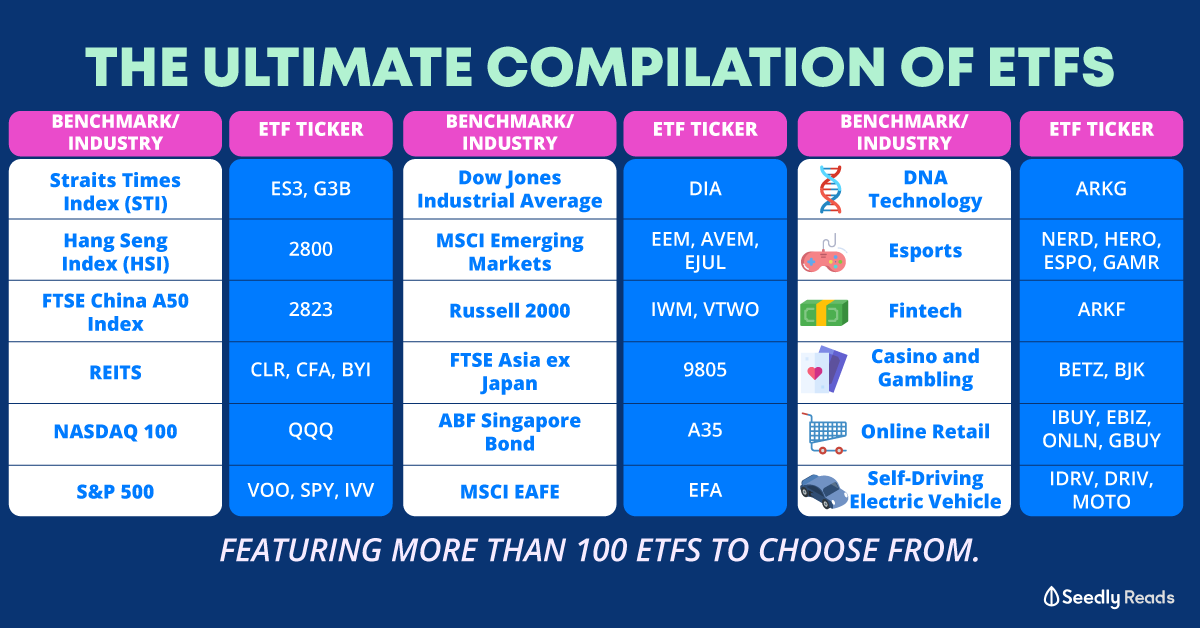Advertisement
Currently using SCB online trading platform to buy shares. Should I consider using CPFIS-OA to purchase shares/STI etf instead?
Would be great if anyone can tell me the pros and cons. Thanks!
1
Discussion (1)
Related Articles
Related Posts
Related Products

Moomoo Singapore
4.7
487 Reviews
From $0
MINIMUM FEE
0.03%
TRADING FEES
Custodian
STOCK HOLDING TYPE

Saxo Markets
4.5
961 Reviews

Syfe Trade
4.9
130 Reviews
Related Posts
Advertisement







Not sure about SCB fees and structure.
but using CPF-IS, you need an agent bank, which practically acts as a custodian. So your shares will be held by the agent bank, and for that, they charge a fee for holding the shares, and for every transaction.
Pros - Under CPFIS rules, agent bank has to automatically appoint you as a proxy for any coporate action.
Back end work is relatively seamless for me. I trade like any cash platform. The agent bank do the work of transfering money to/from CPF.
Cons - CPF gives like 2.5% risk free. Shares and ETF cannot gaurantee.
There is limited amount which you can use in CPF OA, Think is 35% limit above the first $20k.
You cannot do share lending with CPF.
Even if you liquidate, the money flows back to CPF.
so, use CPFIS for only high conviction stocks you think can beat 2.5%
hope this helps.